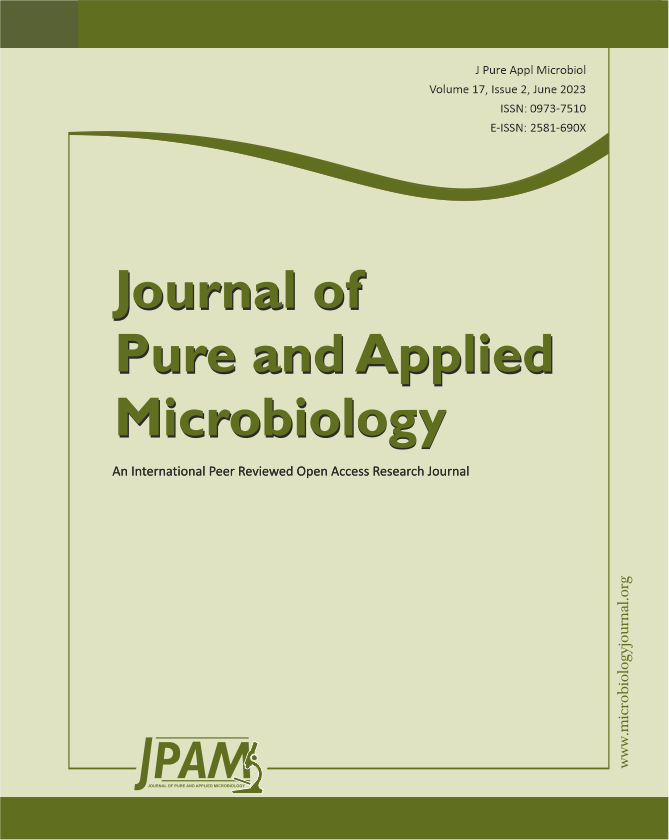Thattekad bird sanctuary, located in the Western Ghats of Kerala, India, which hosts an unexplored microbial community, is selected for the present investigation. Microbes play a major role in mineral recycling and nutrient absorption by the flora and fauna in the habitat. Various bacterial extracellular enzymes facilitate all these activities. The increasing demand for microbial enzymes in favor of green technology encouraged us to focus on exoenzyme profiling of bacterial isolates from forest soil samples. The present study is aimed at the screening and identification of exoenzyme producing soil bacterial strains isolated from evergreen forests and moist deciduous forests of Thattekad bird sanctuary. In this study, only multienzyme producing bacteria were selected for detailed analysis because such bacteria are highly relevant in multi-enzyme dependent processes such as biowaste degradation. We screened for nine hydrolytic exoenzymes namely, amylase, cellulase, ligninase, pectinase, xylanase, caseinase, gelatinase, esterase and lipase, and identified 79 multienzyme-producing bacterial strains, mostly belonging to phylum Firmicutes and Proteobacteria. Firmicutes from evergreen forests and moist deciduous forests produced a greater number of enzymes compared to Proteobacteria. Also, bacterial strains isolated from evergreen forest soil produced more enzymes compared to moist deciduous forest. Bacillus amyloliquefaciens strain TBS040 isolated from moist deciduous forest soil was found to produce all the nine enzymes screened. Enzymatic hydrolysis of biowaste using cell free crude enzyme extract from Bacillus velezensis strain TBS064 resulted in enhanced bioethanol production. These findings highlight the importance of screening unexplored habitats for the identification of novel strains, which can contribute to the future of green technology.
Forest Soil, Bacterial Exoenzyme Profiling, Functional Metagenomics, Bioethanol, Biowaste
© The Author(s) 2023. Open Access. This article is distributed under the terms of the Creative Commons Attribution 4.0 International License which permits unrestricted use, sharing, distribution, and reproduction in any medium, provided you give appropriate credit to the original author(s) and the source, provide a link to the Creative Commons license, and indicate if changes were made.


